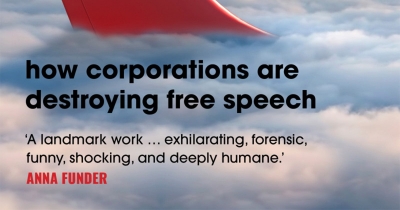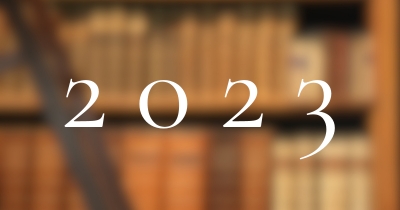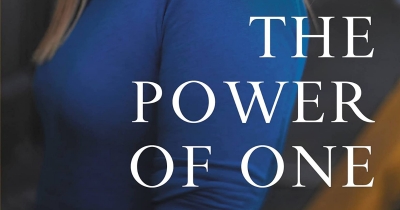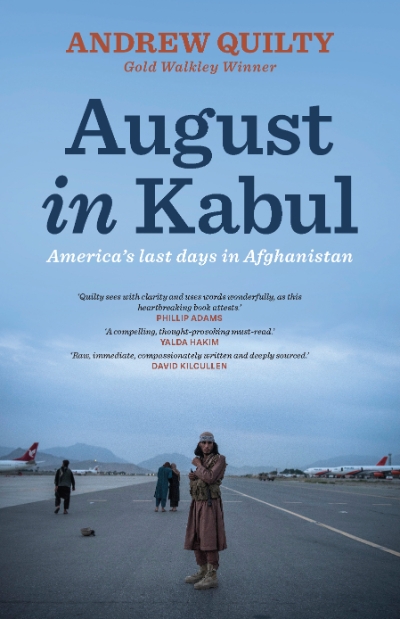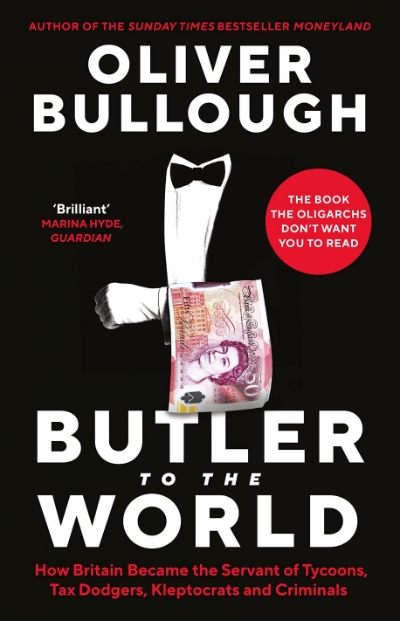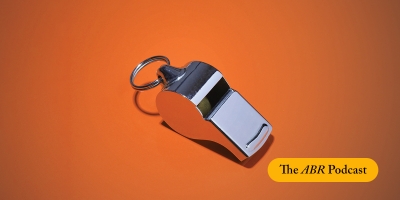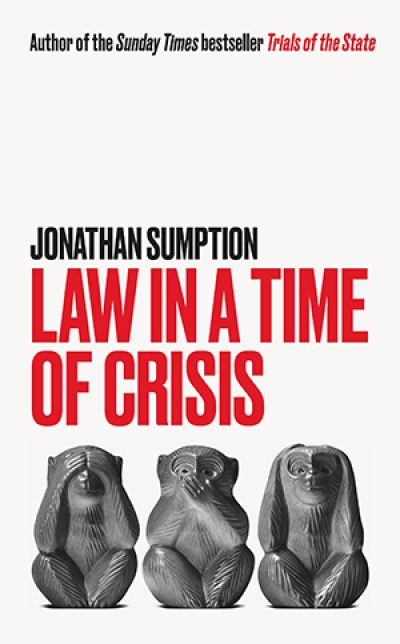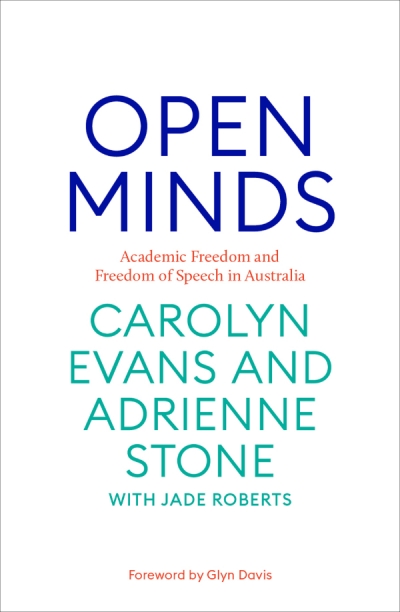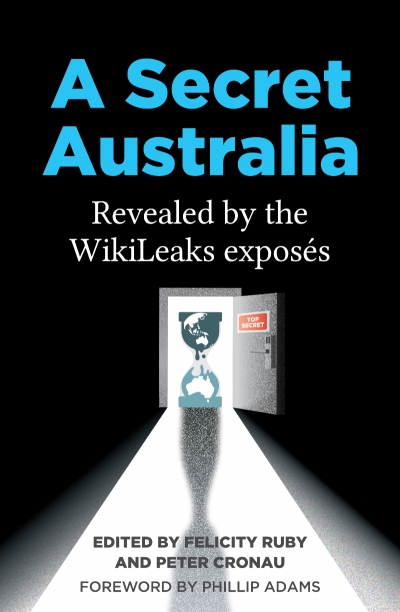Accessibility Tools
- Content scaling 100%
- Font size 100%
- Line height 100%
- Letter spacing 100%
Kieran Pender
The ABR Podcast
Released every Thursday, the ABR podcast features our finest reviews, poetry, fiction, interviews, and commentary.
Subscribe via iTunes, Stitcher, Google, or Spotify, or search for ‘The ABR Podcast’ on your favourite podcast app.
The red thread: Xi Jinping’s ideology of power
by Neil Thomas
This week on The ABR Podcast, Neil Thomas reviews On Xi Jinping: How Xi’s Marxist Nationalism is shaping China and the world by Kevin Rudd. Thomas explains that even China watchers find it hard to be clear on the thoughts and plans of the leader of the Chinese Communist Party. They disagree, he tells us, on basic, critical questions, such as for how long Xi will rule. ‘Enter Kevin Rudd’, Thomas writes. ‘In his latest book, former prime minister Kevin Rudd adds a worthy new chapter to his life of public service, digesting thousands of pages of “Xi Jinping Thought” so that you do not have to’. Neil Thomas is a Fellow on Chinese Politics at Asia Society Policy Institute’s Center for China Analysis in Washington DC. Here is Neil Thomas with 'The red thread: Xi Jinping's ideology of power' by Neil Thomas, published in the December issue of ABR.
Recent episodes:
Working for the Brand: How corporations are destroying free speech by Josh Bornstein
What the authors of these three wildly different books share is a gift for creating through language a kind of intimacy of presence, as though they were in the room with you. Emily Wilson’s much-awaited translation of The Iliad (W.W. Norton & Company) is a gorgeous, hefty hardback with substantial authorial commentary that manages to be both scholarly and engaging. The poem is translated into effortless-looking blank verse that reads like music. The Running Grave (Sphere) by Robert Galbraith (aka J.K. Rowling), the seventh novel in the Cormoran Strike crime series and one of the best so far, features Rowling’s gift for the creation of memorable characters and a cracking plot about a toxic religious cult. Charlotte Wood’s Stone Yard Devotional (Allen & Unwin, reviewed in this issue of ABR) lingers in the reader’s mind, with the haunting grammar of its title, the restrained artistry of its structure, and the elusive way that it explores modes of memory, grief, and regret.
... (read more)The Power of One: Blowing the whistle on Facebook by Frances Haugen
August in Kabul: America’s last days in Afghanistan by Andrew Quilty
Butler to the World: How Britain became the servant of tycoons, tax dodgers, kleptocrats and criminals by Oliver Bullough
In an age of disinformation, whistleblowers such as Julian Assange and Edward Snowden have been accorded the status of folk heroes. And yet, as their respective cases show, no other act of public service is harried as ruthlessly and vindictively by governments whose secrets have been aired. In this episode of The ABR Podcast, listen to Kieran Pender read his cover feature for the April issue, in which he argues for stronger whistleblower protections by examining the case of Bernard Collaery.
... (read more)On the first day of March this year, Scott Morrison declared his commitment to democratic principles. ‘My government will never be backward when it comes to standing up for Australia’s national interests and standing up for liberal democracy in today’s world,’ the prime minister told reporters. ‘We can’t be absent when it comes to standing up for those important principles.’ It was a deeply hypocritical statement from a leader who has overseen raids on journalists, the prosecution of whistleblowers, and the degradation of transparency mechanisms at the heart of our democracy. Standing up for important democratic principles is just about the opposite of what the Morrison government has done, domestically at least, in recent years. The secrecy-shrouded prosecution of Bernard Collaery makes that abundantly clear.
... (read more)

